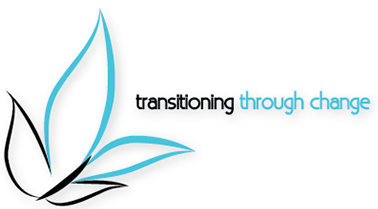Do I Need Grief Counseling?

Difficult changes and losses can impact our lives in many ways and cause grief. Grief is a complex condition that occurs after a significant loss and is often affected by personal and cultural factors.
The way people cope with grief can vary, but understanding the grief process and learning healthy ways to manage it can help. Grief counseling can provide the support, understanding, and tools you need to cope with your grief and move forward.
Many life events can cause grief that can interfere with your ability to function, but grief counseling can help. Reach out to the supportive staff at Transitioning Through Changes to learn more.
What Can Cause Grief?
Some people think of grief as the sadness that often occurs after a loved one passes away. But grief often lingers and can be caused by many kinds of loss and change.
Bereavement and grief are different conditions. Bereavement refers to the emotions and healing process that happen after the loss of a loved one. Grief and bereavement share some of the same feelings and behaviors. Grief, however, is a complex emotional reaction to any kind of loss. People may experience grief after losing a job, being diagnosed with a medical condition, becoming “empty nesters,” or any other significant life changes.
What are the Symptoms of Grief?
The symptoms of grief can differ from person to person and may change over time. Here are some of the symptoms commonly associated with grief.
Physical symptoms
- Headaches
- Fatigue
- Weakness
- Decreased appetite
- Sleep troubles
- Crying
Emotional symptoms
- Feelings of yearning
- Excessive worry
- Anger
- Frustration
- Guilt
- Sadness
Social symptoms
- Feelings of detachment
- Avoiding social contact
- Significant changes in your behaviors
Each experience of grief can be different than the last. Grief counseling can help you understand your grief, manage your symptoms and move forward.
What Happens in Grief Counseling?
Losing a loved one, changing identities, and other significant challenges can result in grief that can last a long time. Sometimes, grief can cause physical and emotional symptoms that can keep you “stuck” or prevent you from functioning in your daily life. Grief counseling is a practice that can help you process your grief and learn healthy ways to manage it so that you can continue to participate in your life.
During grief counseling, clients receive non-judgmental support as they work to process complex feelings and behaviors related to a change or loss. There are several types of grief counseling, depending on the event. Some types help people process “normal” grief, some techniques can help people with complicated, long-lasting grief, and others support those with traumatic grief.
With a trained, experienced therapist, people work to identify the roots of their grief, learn coping skills to manage it, and process complex feelings like fear, guilt, and sadness.
Do I Need Grief Counseling?
Living with unresolved grief can be a heavy burden to bear. You do not have to carry it alone. Grief counseling is essential for people who are living with grief. If you or someone you love need help coping with grief, don’t wait to get the help you need. Find grief counseling Westminster today by reaching out to the caring specialists at Transitioning Through Change.
